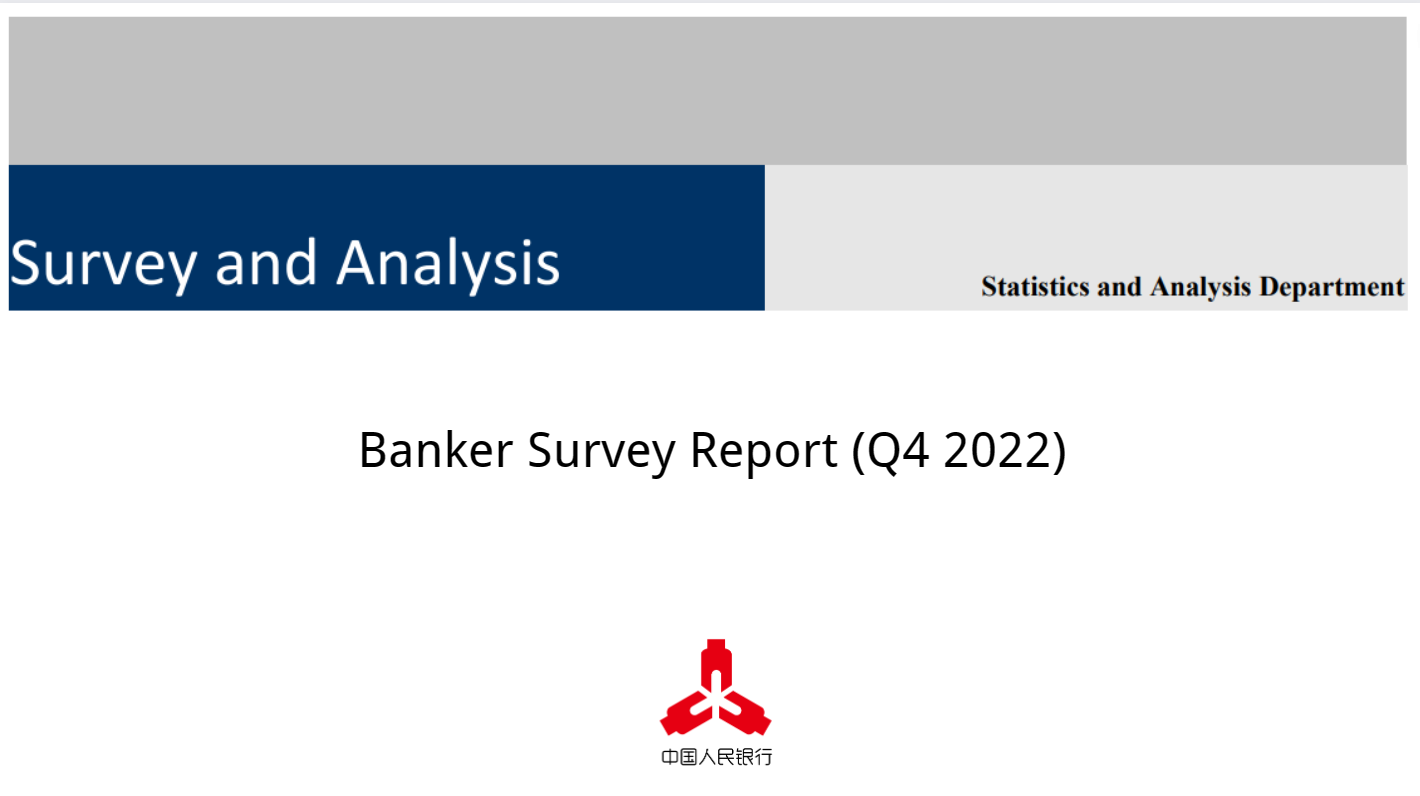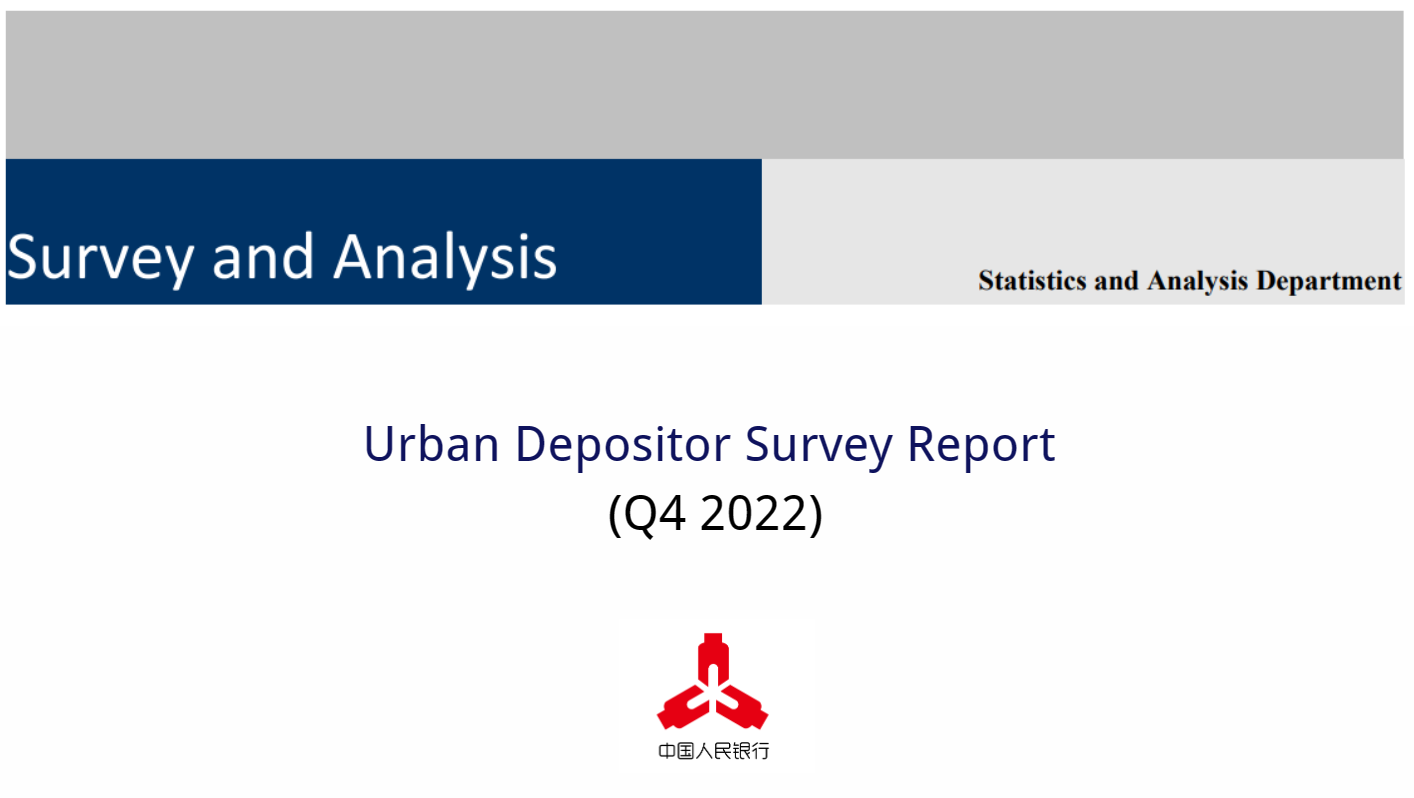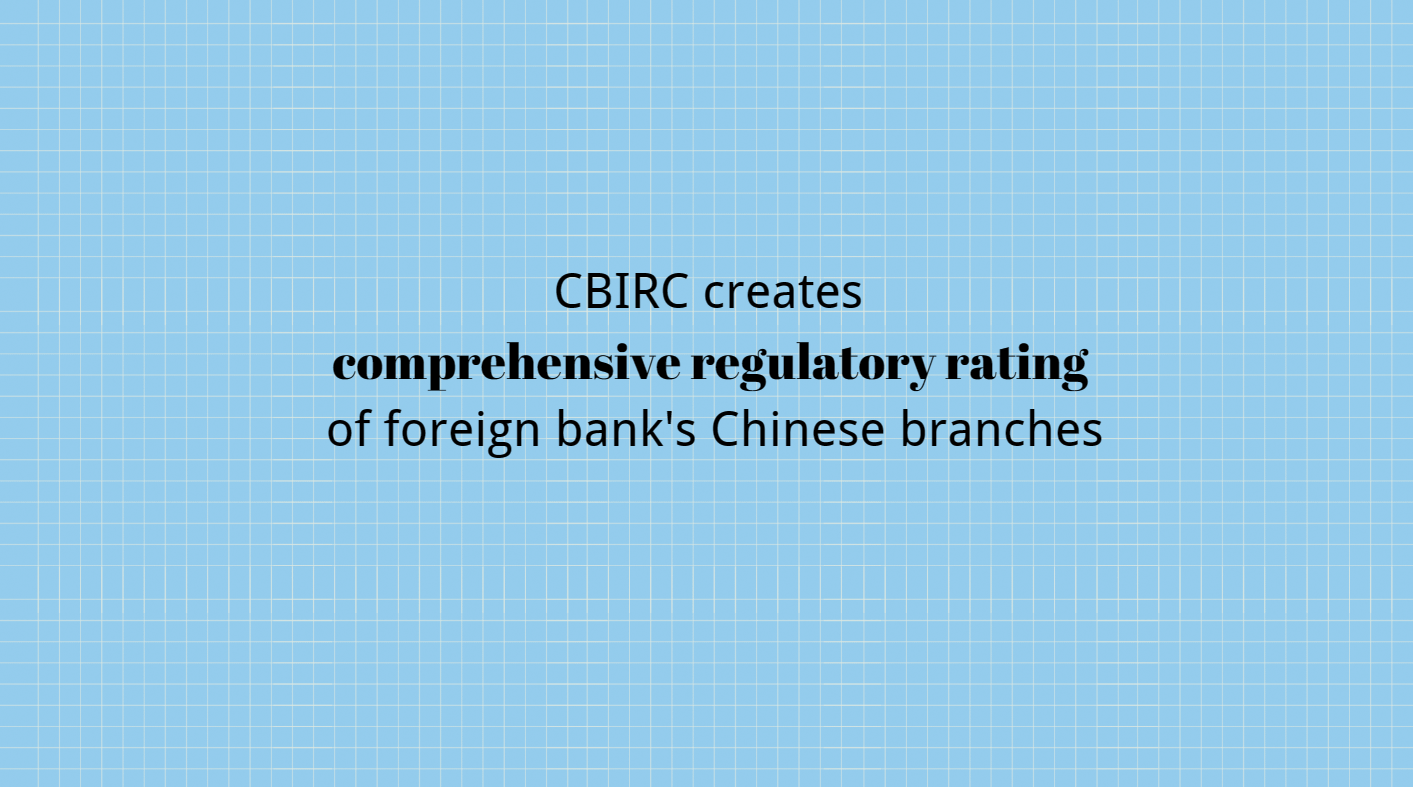Post-Pandemic GBA Market: Majoring on the Mainland as a Hong Kong Business Resource
Interview with Sunny Tan, Senior Advisor, Luen Thai Holdings Ltd
Although global factors have weakened overseas markets in recent years, Hong Kong companies can find new growth drivers by expanding into the mainland market. That’s the opinion of Sunny Tan, Senior Advisor at the Hong Kong‑based textiles sector investment holding company Luen Thai Holdings Ltd. He believes that the Guangdong‑Hong Kong‑Macao Greater Bay Area (GBA) can as act as a convenient entry point in this process.
Hong Kong companies are well placed to take advantage of the GBA’s growing middle‑class market by capitalising on the strengths of their products, such as their higher price‑performance ratio. However, Hong Kong companies should keep close tabs on the mainland’s ever‑changing market environment. In order to keep on expanding in this fiercely competitive domestic market, innovative and effective sales strategies integrating online and offline selling are crucial, as are appropriate risk control measures.
Leveraging Hong Kong’s advantages
Hong Kong companies have always prioritised overseas export markets. In an interview with HKTDC Research, Tan noted that overseas markets had begun to show signs of recovery following the relaxation of anti‑ Covid 19 measures in many countries since the end of last year. However, the outbreak of the Russia‑Ukraine war in early 2022 has led to tightening supplies of energy and food, rising inflation and interest rate hikes across the world. This is having a negative impact on Hong Kong’s exports in the short term.
Given these developments, Hong Kong companies should review their business development strategies to seek new engines of growth. They do not have to search far, however – the enormous mainland domestic market provides them with a source of strong purchasing power on their doorstep. For Hong Kong companies looking to expand on the mainland, the growing GBA market can act as a convenient entry point and a valuable business resource.
Commenting on the GBA’s market potential, Tan said: “The mainland domestic market offers unlimited opportunities for Hong Kong businesses in the mid and long term. The rising number of middle‑class consumers in the GBA, with their keen demand for good quality domestic and imported products, should be of particular interest to them.
“One example of this involves a recent development in the sportswear market. During the Covid-19 pandemic, consumers began buying casual wear rather than formal attire. Well‑known mainland and overseas sportswear brands were quick to seize upon this change and accelerate the supply of quality, multi‑functional sportswear, hoping to snatch a bigger slice of the market. This shows that Hong Kong companies must fully grasp the needs of GBA consumers in order to tap the domestic market more effectively once the pandemic has petered out.”
Tan outlined the strengths of Hong Kong products, saying: “Products labelled as ‘Made in Hong Kong’, ‘Made by Hong Kong’ or ‘Design by Hong Kong’ have a high reputation and command good premiums in the mainland market. Hong Kong companies enjoy a professional, international image, and they are adept at exploiting opportunities created by pop culture.
“Given these perceived advantages of Hong Kong products on the mainland, Hong Kong companies should consider reviewing their business strategies and look to make further inroads into the mainland domestic market via the GBA in order to offset the effect of the slowdown in overseas markets.”
Responding to rapidly changing market and controlling risks
The mainland’s market environment has evolved at great speed in recent years, and Tan believes that Hong Kong companies can only grow their mainland business by devising sales strategies specifically suited to this rapidly changing market.
Pointing to some of the developments that have taken place, Tan said: “Domestic sales used to be dominated by multiple tiers of distributors and physical stores, while online shops were merely used for sales of inventory in the past. This model has however grown out of date. Sales networks on the mainland are getting increasingly complicated these days. Not only have online channels and the social media developed in leaps and bounds, integrated sales strategies combining online and offline platforms have emerged as the mainstream sales model.
“Nowadays, offline physical stores must offer specialty products with sales points set up in appropriate locations to enhance the user’s experience. Online platforms, meanwhile, should also provide unique products to draw customers, and make use of differentiated products and pricing to create different consumption patterns and meet consumers’ varying demand.
“To ensure that their market differentiation strategy is effective in reaching out to their target markets, it is important for Hong Kong companies to adopt innovative marketing solutions and analyse market data relating to their products, target customers and latest market developments.”
Nonetheless, the mainland market is highly competitive which, in Tan’s opinion, is unsurprising given the sheer size of the market. In order to outperform their rivals in a market like this, companies must not just put effective sales channels in place, but also offer products that are well suited to the market.
They must also take action to try to control risk. Sounding a note of caution about doing business on the mainland, Tan said: “In the same way as when they carry out export business, Hong Kong companies selling on the mainland are vulnerable to customers’ credit risks. They will be dealing with different counterparties with relatively lower credit transparency, and because of this they should consider taking out credit insurance or utilising other risk control tools to minimise the risks.”
Despite this, Tan believes that businesses from Hong Kong should aim to take full advantage of the leverage that the GBA can give them in the mainland market, saying: “Given that Hong Kong is part of the GBA, Hong Kong companies would do well to speed up their integration into the GBA’s business environment. This would not only help them understand the GBA better and break into this market, but they could also use the GBA as a springboard to tap potential in other mainland markets. In the long run, they could then even expand their business into neighbouring regions and ultimately the entire Southeast Asian market.”
Remark: Sunny Tan is currently a member of the Hong Kong Legislative Council (textiles and garment sector) and is the Chairman of the Hong Kong Productivity Council and the Executive Deputy Chairman of the Federation of Hong Kong Industries.




















































First, please LoginComment After ~